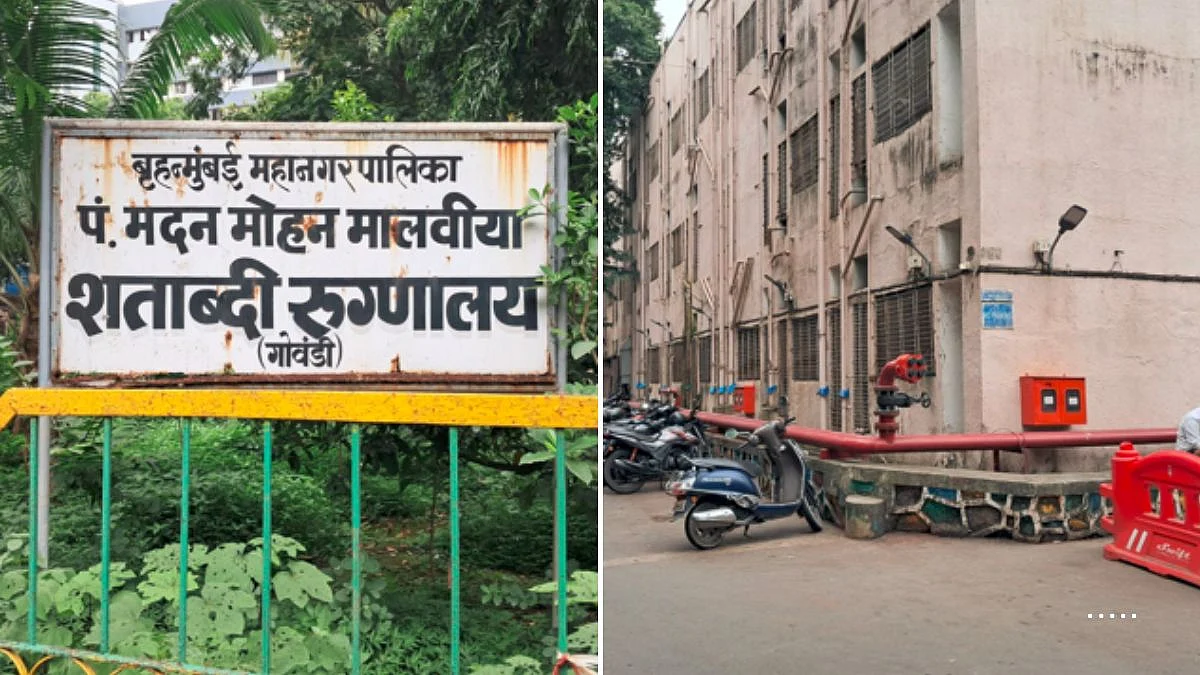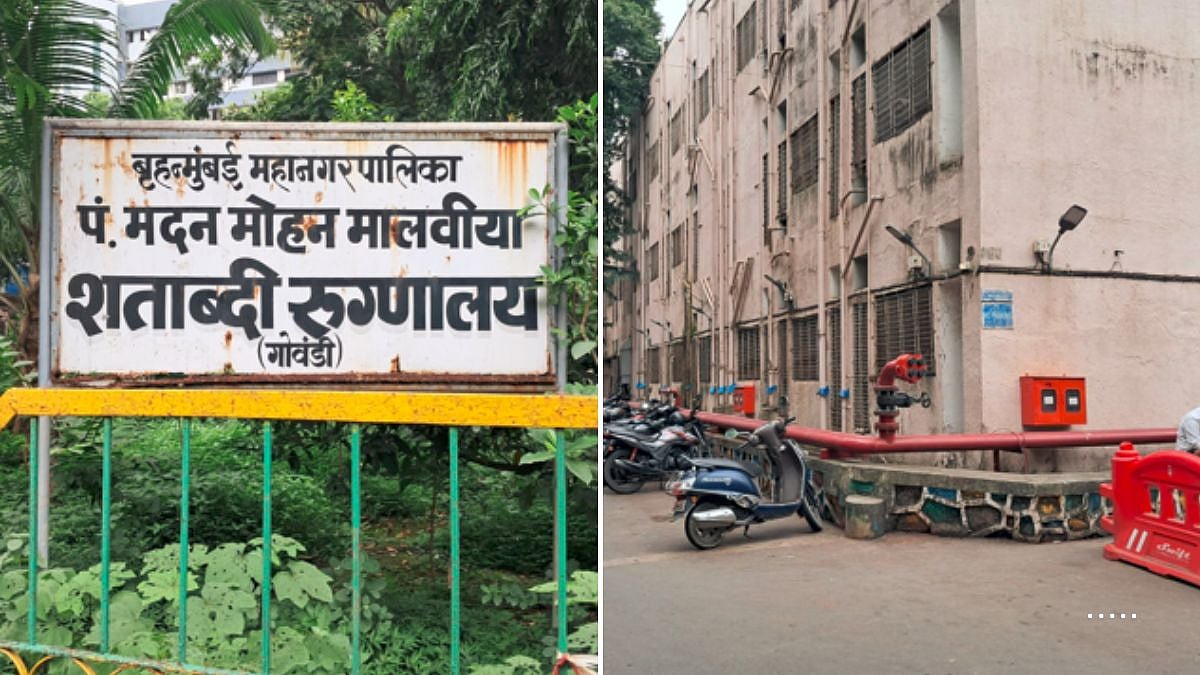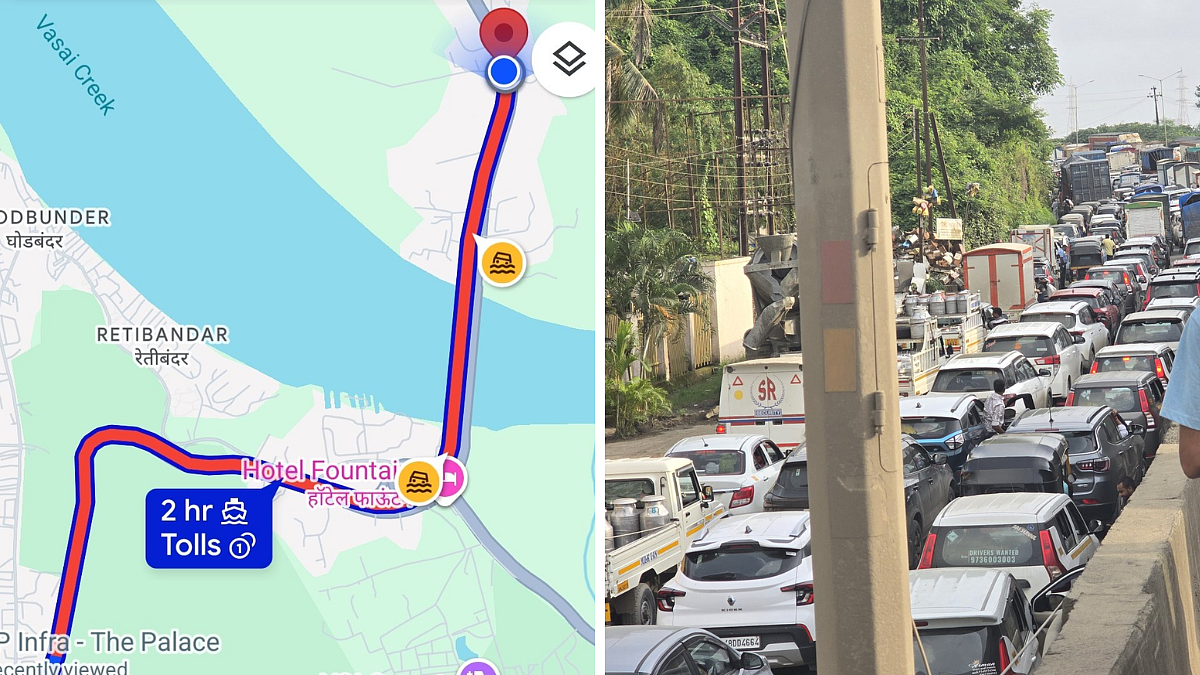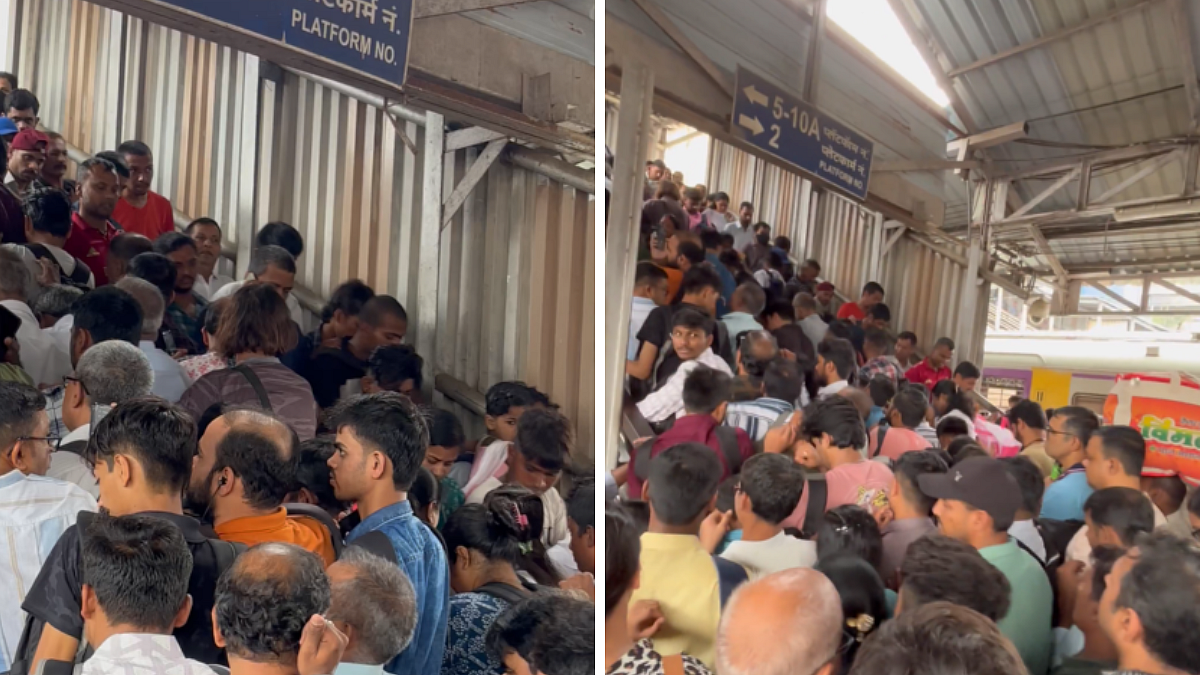Mumbai: Patients visiting Mumbai’s Shatabdi Hospital in Govandi are being compelled to purchase essential medical items from outside due to an acute shortage of supplies and services, severely impacting those from economically weaker sections. The crisis has hit maternity services the hardest, with women arriving for deliveries being told to procure everything from surgical tools to medicines, injections and even saline bottles from private chemists.
Patients Forced To Buy Medicines & Equipments
Shamim Khan, whose daughter Anaya Khan was admitted for a C-section, revealed she had to buy all necessary surgical items, including injections, gloves and saline, spending about Rs 2,500. “Patients here come from very poor backgrounds and cannot afford to buy medicines and other items from private chemists. Who are we supposed to complain to?” she questioned.
Fatima Khan, attending to her pregnant daughter-in-law Afreen in the gynecology ward, shared a similar ordeal. She was asked to purchase blood transfusion tubes from an outside pharmacy at a cost of Rs 300. The lack of basic facilities has left patients feeling helpless and frustrated.
Waited For An Hour To Get An X-ray Due To Staff Shortage, Says Patient's Kin
The shortage isn’t limited to maternity care. Firoza Shaikh, who brought her young daughter Aliva to the hospital with a high fever, said she had to wait nearly an hour for an X-ray due to the absence of staff in the department. “The entire process is extremely slow, and the hospital is overcrowded,” she complained.

Doctors Refrain To Comment On Issues
When contacted by The Free Press Journal, medical officer Dr Jayanath Chinkund initially denied any issues with ICU facilities. However, upon being informed of the ground situation, he declined to comment further, citing that he was not authorised to speak on the matter.
Attempts to reach Dr Chandrakant Pawar, head of Secondary Healthcare Services for BMC and responsible for peripheral hospitals, were unsuccessful.
Shatabdi Hospital, a crucial healthcare facility for the densely populated Govandi area, caters to thousands of low-income patients each month. The current shortage of medical supplies and staff not only delays treatment but also forces patients into additional financial burdens, something most cannot bear.








